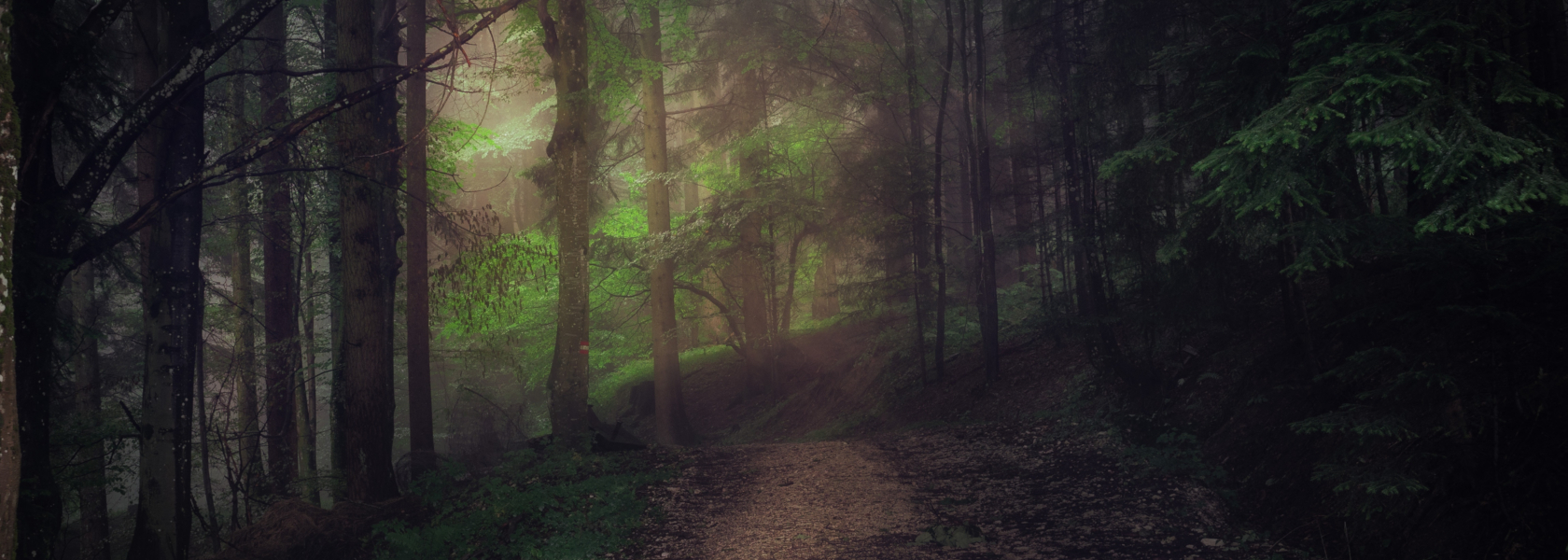A Time to Restore
Fear is an instinctual response to a potential threat. If we were living in the wild and heard a rustling in the bushes, we would stop, tune-in, and listen to assess the situation. If in danger, we would take action to either hide, run, or fight to ensure our survival.
In the face of the coronavirus, it is natural for our body to respond in a similar way. We can’t see it, but we know it is here. We can’t run from it because it is global, and at this time we aren’t even sure that we can fight it. The only thing we can do to protect ourselves is to return home and ensure that we have food and necessary supplies – the things we need to care for our bodies in the most elemental way.
When faced with an environmental threat, the human body instinctually needs to take action. We need to be doing something to protect ourselves. This is why so many rushed to the store to stock up on supplies, and in some cases, bought weapons to ensure their survival.
If left unchecked, our instinctual response to a threat can cause us to panic, react in an extreme way, disregard the needs of others, and lose sight of the bigger picture. If we are unaware of our actions, we can become stuck in a hyper-alert nervous system response, which ultimately weakens our immune system and puts our body at risk.
With awareness, we can efficiently take action, being careful to not disconnect from ourselves or do things that weaken our bodies. Before we create a physical imbalance or unconsciously enter into extreme behavior, we can pause, stay present, do our practice, and pay attention to how we are responding.
It is essential to stay focused on our present reality and truth instead of telling stories in our mind of how this pandemic might play out in the future. It is best to avoid discussing with others potential future outcomes that are not based on reality.
We have never experienced a global health crisis like this, so there is no way for us to know where it will lead. What we do have control over is the choice we make in the present moment.
Facing a potential threat in our daily lives can bring up old traumas from the past. If we pay attention to our dreams, our emotions, and the subtle physical sensations of our body, we can track the origin of our trauma and respond to it, creating the opening we need to clear, integrate and heal.
Until we know without a doubt that the threat of the coronavirus is gone, our nervous system will instinctually stay on alert. Knowing this, we want to find ways to nurture ourselves, and tend to our body’s needs with great care.
When our nervous system is on high-alert, we need extra time to restore. We need to sit quietly as often as we can to connect with our bodies and acknowledge what we are feeling. We need stillness, grounding, and stabilizing practices.
Avoid artificial stimulation such as intense movies or video games, and reading the news. Minimize the visual images you look at online. Refrain from searching for information, and going from site to site, and image to image on the internet. These activities will cause your nervous system to reside on high alert.
We have to be careful about what we listen to, what we absorb, and what we share. Keep in mind at all times what energy you are joining with. Are you expanding fear, or are you sharing your strength and stability? Our nervous system will respond to all incoming information, truth, or fiction.
This is an excellent time to clean our house, get organized, and simplify thoroughly. It is best to do only a small amount at a time and rest in-between. It is not the time for big projects. It is a time for rest, and to be gentle, caring, and kind to ourselves and others.
Preparing food, cleaning the house, gardening, and caring for our body returns us to the practices of our ancestors, our instinctual survival memory, and a deeper connection to the earth. These activities will help our body to stay grounded and more at ease.
I am looking at this event as an opportunity to restore my body in the most fundamental ways. Here are some of the things I am doing to soothe my nerves and boost my immune system:
Sitting still and breathing deeply
Wrapping myself tightly in a blanket and listening to silence
Spending time in nature, gardening, and taking slow walks
Drinking warm beverages throughout the day and eating grounding foods
Lighting a candle and listening to calm music
Sitting quietly to watch the light fade at dusk
Waking slowly and gently rising to start the day
Writing in my journal about what I am experiencing
Chanting mantras to ease the anxiety I feel
Being present and letting my emotions flow through me
This is a precious moment in time. It is an opportunity to put life as we know it on hold, and to explore our feelings about how we have been living.
How does your body feel? What are your emotions revealing? How sustainable is your life? Is your soul evolving? Do you live with a feeling of deep contentment?
As we pause and reflect more deeply, we may begin to see the coronavirus differently, not as a crisis, but as a turning point, an opportunity to individually and collectively transform our lives.
Photograph by Simon Matzinger


